Red Bull Chief Engineer Paul Monaghan has dismissed the notion that its upgrades for the last two Formula 1 Grands Prix were just “troubleshooting” exercises.
The Milton Keynes-based squad brought a raft of changes to the RB21 over the course of the Belgian and Hungarian weekends to remedy ongoing issues.
For Spa, it arrived with five updates, including front wing and suspension changes, as well as a revised sidepod, with the addition of a new chord flap at the Hungaroring.
Alas, despite Max Verstappen’s Sprint victory in Spa, results largely failed to improve, with the Dutchman managing only fourth place in the full race.
And in Hungary, Verstappen, after qualifying seventh, regressed in the race and finished a disappointing ninth, leading him to admit Red Bull’s limitations remain.
Asked how many of the upgrades were to troubleshoot existing issues and how many of them were planned over the winter, Monaghan gave a thorough explanation.
“That’s where you look on the car. So the front wing is an ongoing development process,” he told media including Motorsport Week.
“You finish one but the CFD research and the wind tunnel research doesn’t necessarily stop.
“If the gains you make in those environments with the amazing people that do this yield sufficient gain then we can trigger to make a new front wing which we had the time and money to do.
“So that one is an ongoing process if you like and the gains we consider to be big enough if they yield on track.”
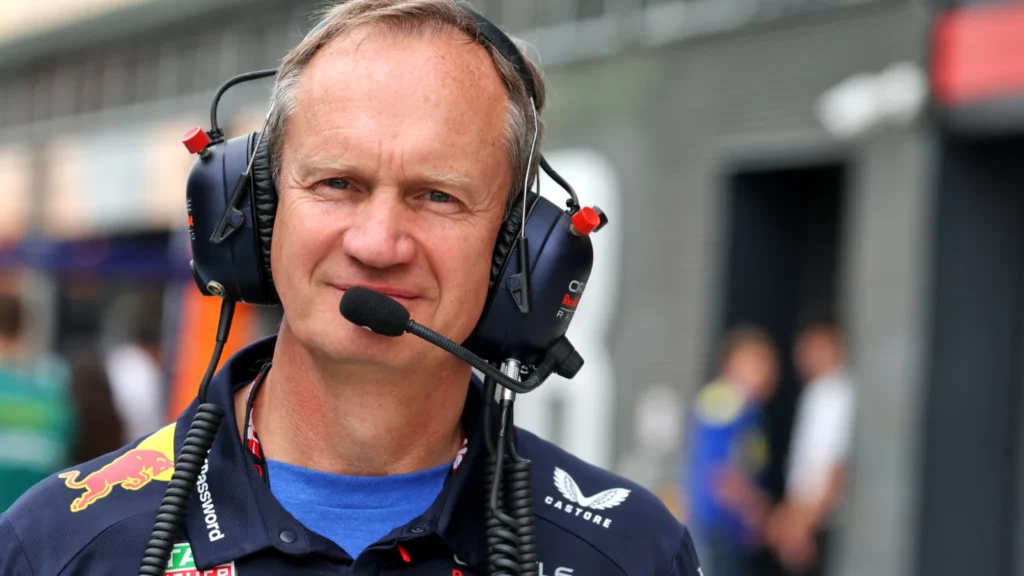
Red Bull changes are an ‘overall benefit’ for the car
Moneghan explained that the instance of the sidepod for Spa was a slightly different example, but refuted the claims that troubleshooting was merely the crux of the changes.
“The sidepod change is more… we can draw an overall performance benefit by doing what we’ve done with the sidepod,” he continued.
“We also had the practicality of a Silverstone race in a three-week gap to Belgium to apply it.
“Because otherwise we’re scrabbling around somewhere, whatever you can do around the shutdown or before the last of the European races to get something in.
“So it’s perhaps a bit crude to say that it is troubleshooting.
“We’ve done it because it’s overall benefit to the car and overall benefit to our lap time. So they’re all kind of going in that direction rather than being pure troubleshooting.”
READ MORE – McLaren urges ‘constructive conversations’ over Red Bull’s dual team collusion in F1
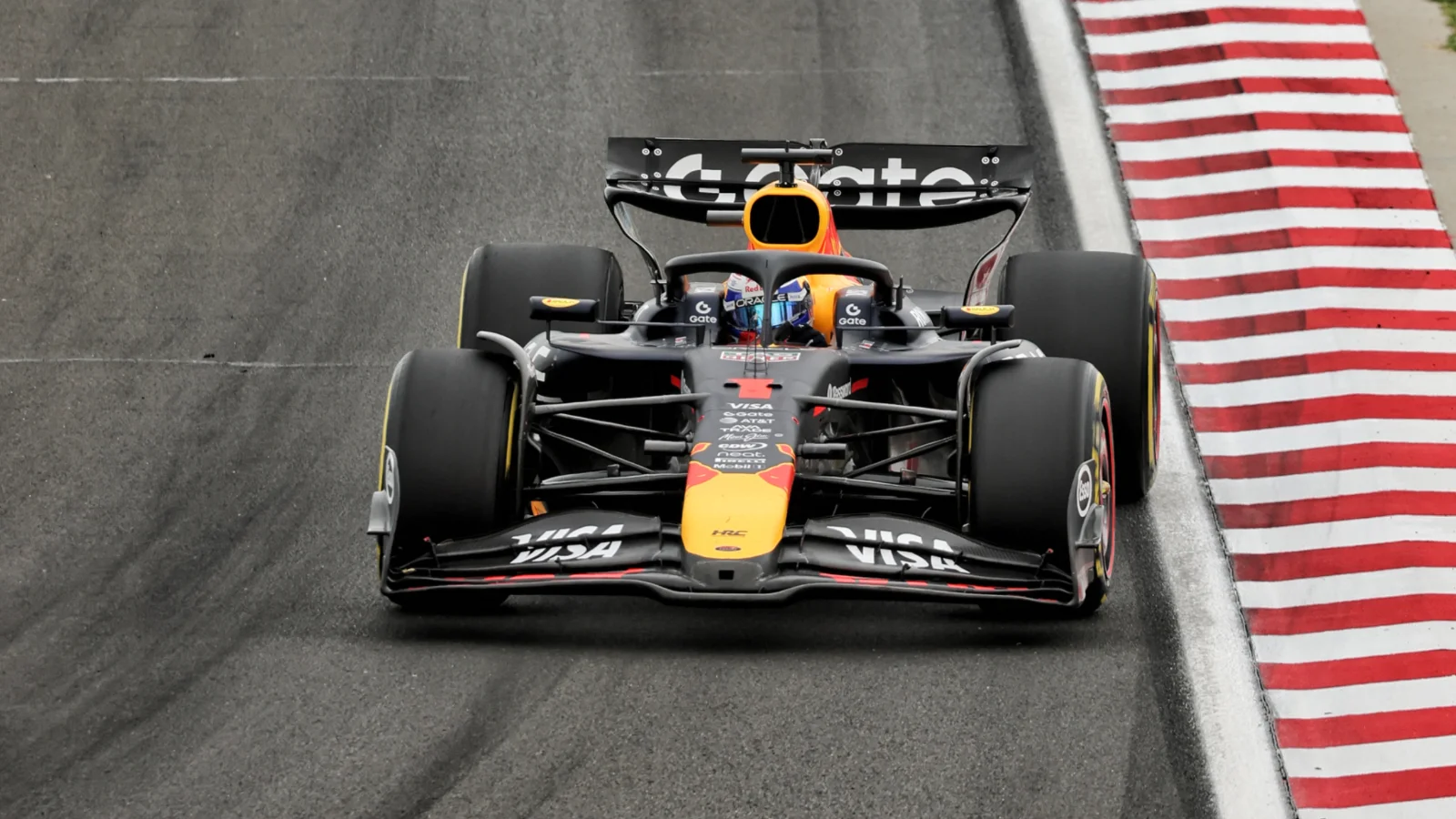


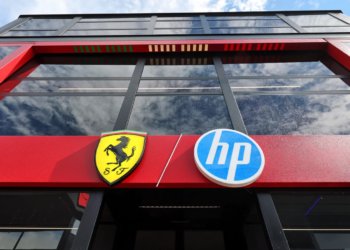
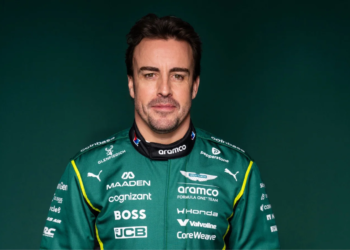
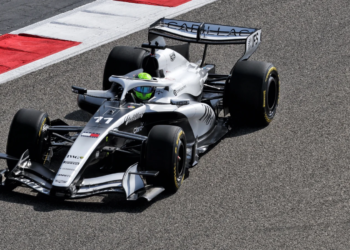
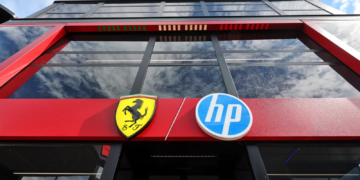
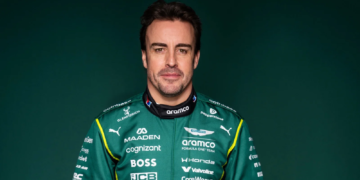
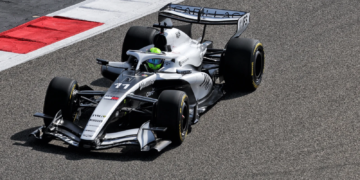
Discussion about this post